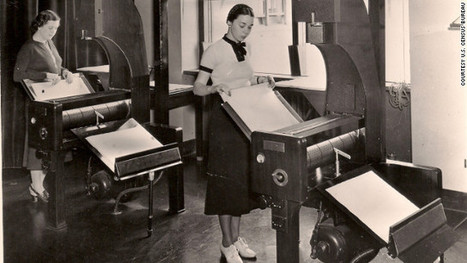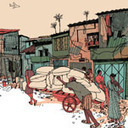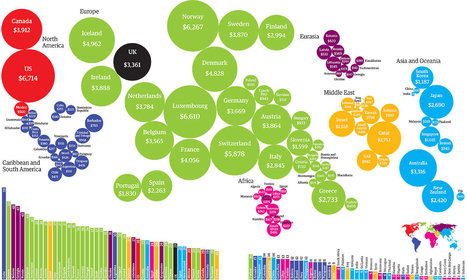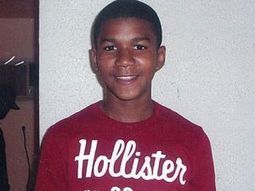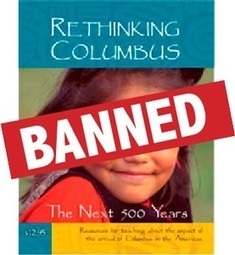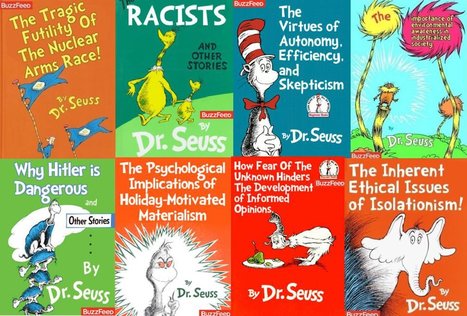The Association of American Geographers (AAG) is now Beta-testing a new website to address some of the issues from the NRC report, “Understanding the Changing Planet, Strategic Directions for the Geographical Sciences.” This site, builds on the idea that geographers can communicate truth in ways that other disciplines don’t offer, or “the geographic advantage.”
The four aspects the geographic advantage (as conceptualized by the AAG team) are:
1. Relationships between people and the environment
2. Importance of spatial variability
3. Processes operating an multiple and interlocking geographic scales
4. The integration of spatial and temporal analysis
To ensure that this advantage is harnessed, the AAG prepared 11 modules within these 4 categories of key issue facing the world:
--Environmental Change
--Sustainability
--Rapid Spatial Reorganization
--Technological Change
The site is still under construction and will face some alterations. The AAG will provide beta-testers with a CD-ROM (Teachers Guide to Modern Geography) and select one module that you will fully explore. If you would like to be a beta-tester, sign up at: http://tinyurl.com/geoadvbeta



 Your new post is loading...
Your new post is loading...

